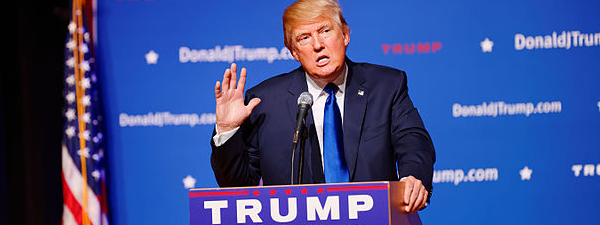 What do you do the day your invention, the atom bomb, is finally dropped on a city killing millions of people? Do you watch the event on TV with a feeling of total regret by the horrific atrocity your creation caused humanity? No, not at all. Instead, you find yourself at ease playing a string game of cat’s cradle.
What do you do the day your invention, the atom bomb, is finally dropped on a city killing millions of people? Do you watch the event on TV with a feeling of total regret by the horrific atrocity your creation caused humanity? No, not at all. Instead, you find yourself at ease playing a string game of cat’s cradle.
In his hilarious satire Cat’s Cradle, Kurt Vonnegut masterfully created a novel about the risks of technological advancements, the ridiculousness of political ambitions, the absurdities of religions, and how the entire human race could come to a destructive end in the hands of irresponsible, foolish, ignorant, and selfish people in positions of power. Sounds familiar?
Yes, it does. Cat’s Cradle was first published in 1963, but it’s relevance today fits perfectly with the current political environment we see around the world.
Today, the two political figures that pose the highest risk on humanity are Trump and Kim Jung Un; two childish, egocentric, authoritarian, easily irritable, and mentally unstable individuals who have access to nuclear weapons capable of destroying the planet where 7.8 billion people live.
And the threat is real. To convey its seriousness, the scientists behind the Doomsday Clock have set its time at two minutes before midnight, representing the highest risk we’ve ever been since 1953 of being close to a global nuclear catastrophe.
The main reason for this alarming display? Trump’s decision to leave the Paris Agreement ignoring the threats of climate change, and his reckless, unpredictable, violent, and provocative nuclear rhetoric against North Korea and Iran.
And all it takes is a moment of rage (which commonly happens in humans like Trump) to commit an atrocity.
The man who is supposed to be the “leader” of the free world, who should guide all nations into achieving world peace, and who should reaffirm unity and collaboration, is actually the biggest threat to the planet.
How quickly we have arrived at this vulnerable place! This just shows we cannot take anything for granted and we need to be more politically active. We have no choice if we want to protect our future and secure world peace.
But if we can’t do anything to prevent Doomsday… well, there’s always reading Cat’s Cradle and enjoying its brutal dark humor. What better way to face the end of the world than laughing your pants off.
 Sinclair Lewis’ dystopian political novel
Sinclair Lewis’ dystopian political novel  The latest issue of The New Yorker (May 8, 2017) shares “
The latest issue of The New Yorker (May 8, 2017) shares “